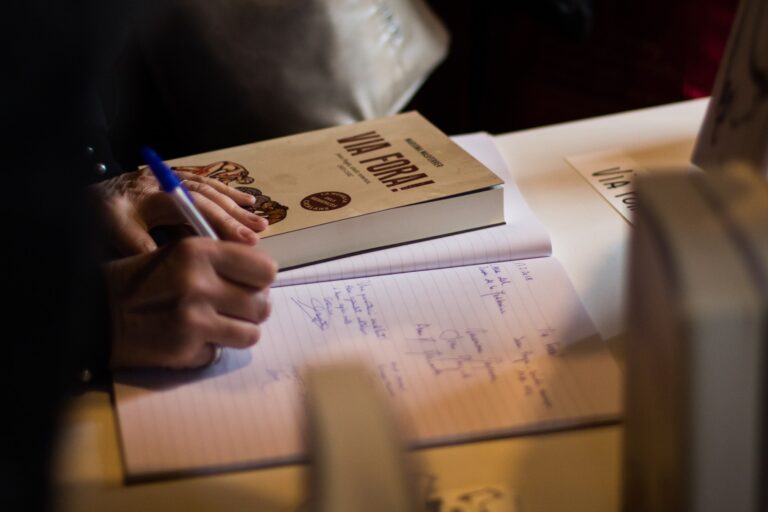Sorry Please Thank You
Sorry Please Thank You
Charles Yu
Pantheon, July 2012
240 pages
$24.95
Charles Yu is weird. It’s just one of those things you can tell after reading the stories from his most recent collection, Sorry Please Thank You. There’s a zombie shopping for a date, a floating door to a dinner party in a parallel world, a device that catalogs desires… On the surface, it seems that there’s something off about his stories. Yet, on another level, they make us wonder whether we’re the ones who are off.
Take the opening story in the collection, “Standard Loneliness Package,” in which sorrow and misery have been outsourced to a company in India where workers experience this pain while sitting in a cubicle. For a fee, customers can now burden a stranger with their grief, depression, guilt—any kind of unpleasantness they don’t want to experience for themselves. The story follows a worker as he endures funerals, breakups, and surgeries, all while struggling to maintain his own sense of self and begin a relationship with a co-worker. The outsourcing of misery is a concept both wildly implausible and strangely imaginable.
One of the strongest stories in the collection is “Hero Absorbs Major Damage,” a story told from the perspective of a character in what seems to be a video game. He must lead a team on a quest to defeat various monsters, and though he doubts his abilities, he is certain that he is the hero, as he is the center of all of the action. Aren’t we the heroes of our own lives?
While Yu clearly has issues he wants you to ponder, though, he doesn’t do the work for you. It’s up to you to make the connections. In “Inventory,” one of the collection’s more abstract stories, most pages only have a single sentence, such as “Every morning I find myself in a different universe.” From there, the narrator’s point of view unfolds—he is completely unsure of who he is, where he comes from, where he’ll end up on any given day. And then we get to, “I am not Charles Yu. I suppose that could be my name, too, but it has never sounded quite right to me anyway. Charlie, maybe. A secondhand version of the name. For a secondhand person.” Wait, we wonder: so this isn’t a story told from some abstract unknown, but rather from the perspective of the author himself? Or some fictional version of himself? Or us, as a universal? Now Yu’s got us exactly where he wants us.
The collection has its low points, too. While the best stories allow us to confront larger truths about our lives, even in a universe where you get to a dinner party through a floating door, some end up being forgettable collections of muddling, post-modern ruminations. Ultimately, though, Sorry, Please, Thank You will make you think—and that’s always a good thing, right?


